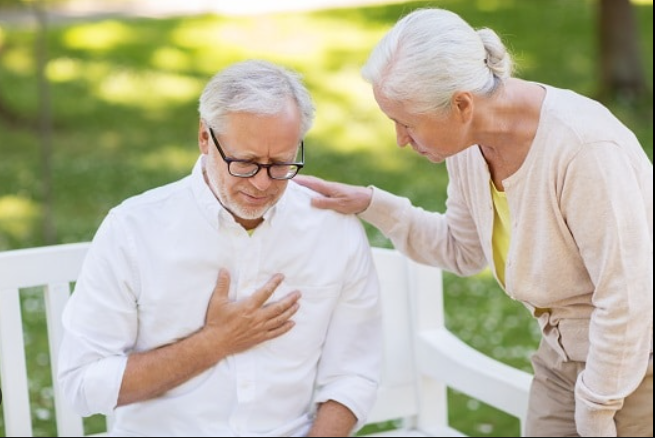Heart health might also deteriorate with aging. experts talk about heart health in adults over 65
Age brings knowledge, but it also brings heart issues. The heart matures as a person does, which may have an impact on how well it functions. Heart disease may be present if persons over the age of 65 commonly experience symptoms such severe shortness of breath, chest pain, or lightheadedness. A low heart rate is another prevalent heart condition in the elderly that can result in heart failure.
How does your heart change with age?
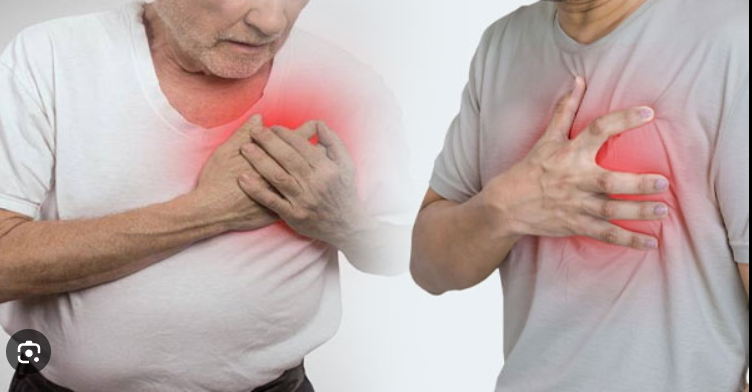
Dr Sunil Dwivedi, consultant, cardiology, Manipal Hospital Millers Road, Bengaluru, explains, “The heart is not isolated. The nervous system, heart and blood vessels all age. Over the years, the heart muscles stiffen and don’t relax well, affecting the pumping capacity of the organ, leading to heart failure.”
After the age of 65, age-related difficulties can have a negative impact on heart health in a healthy population without a family history of heart disease, according to experts. The most prevalent and immutable risk factor for heart disease, according to Dr. Abhijit Vilas Kulkarni, senior interventional cardiologist at Apollo Hospitals in Bengaluru, is age. “Three general categories can be used to classify age-related heart issues. This includes difficulties with the heart’s valves, pumping ability, and conduction system, he explains.
How do doctors diagnose heart disease?

It can be challenging to diagnose the right heart disease in older adults as the cardinal symptoms are the same. They include breathlessness, angina or chest pain, syncope (loss of consciousness), dizziness, and edema (swelling of the feet). “Any problem connected with the heart generally manifests as one of these symptoms. So, it’s crucial to perform a basic evaluation in the form of an electrocardiogram (ECG) and echocardiogram. With this, we can understand the problem and identify the part of the heart affected so that certain emergencies can be prevented,” he adds.
What are the common heart problems in the elderly?

1. Bradycardia

One of the most common age-related conditions is low heart rate or bradycardia. This happens when there is no proper coordination between the heart muscles and the body’s electrical impulses, affecting the pumping. Dr Kulkarni says that is why people feel fatigue and giddiness or experience syncope. “Sometimes, older people can fall unconscious and then get up, all confused. This happens because the heart rates are extremely low during that time,” he adds.
2. Atrial fibrillation
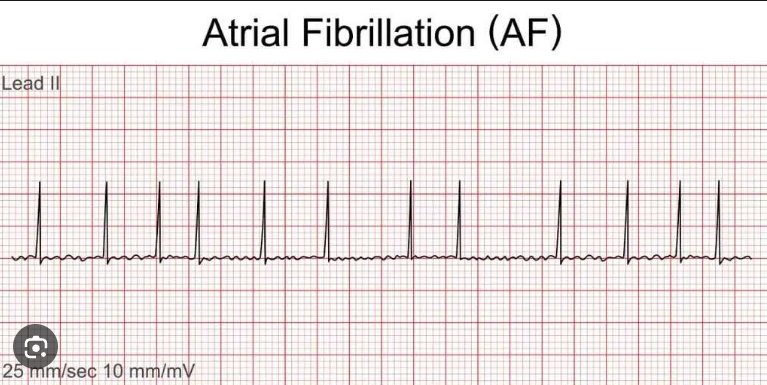
The cardiac conduction system may deteriorate with age. The heart rate can either slow down or increase as the electrical system of the heart begins to deteriorate, according to Dr. Dwivedi. Atrial fibrillation, an abnormality of the upper chambers of the heart’s rhythm, is one of the most prevalent rhythm problems. Heart failure and stroke may result from it.
Multiple tiny clots in the heart are brought on by atrial fibrillation. One may experience a transient ischemic attack (TIA) or lose consciousness due to a short-lived reduced heart output or low blood flow as a result of a changed heart rhythm.
3. Transient ischemic attacks
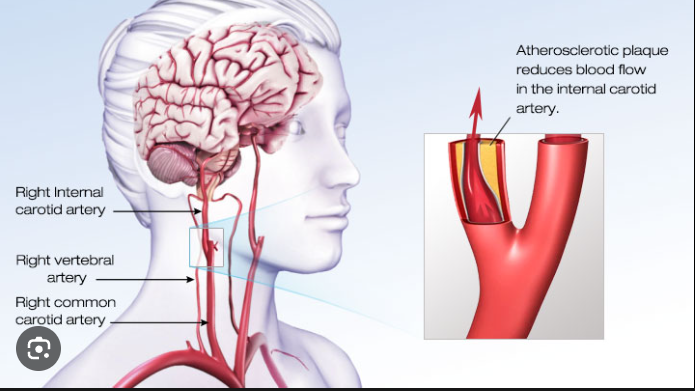
When the blood supply to the brain is briefly interrupted, one can have TIA. Dr Dwivedi explains, “The interruption can be because of cholesterol blocks in the blood supply to the brain. It has the same mechanism as a heart attack.”
4. Leaky heart valve
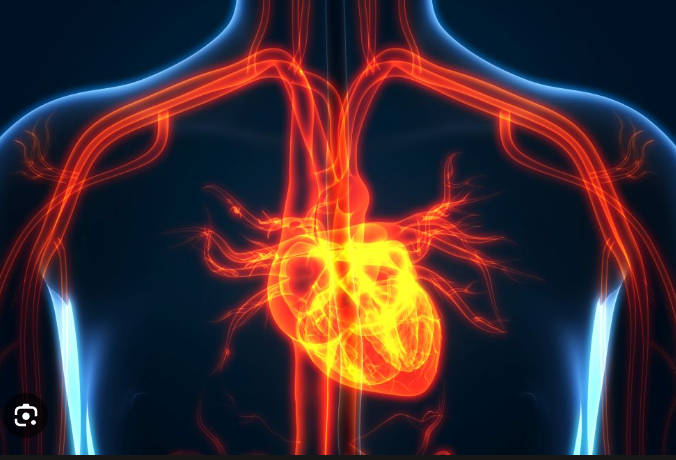
also read-Fashion Face-Off: Kylie Jenner Vs. Kim Kardashian’s Marilyn Monroe Iconic Look
The degradation of the heart valves, which causes them to become thin and leaky, is another issue that plagues the elderly frequently. According to experts, calcification has the greatest impact on the aortic and mitral valves. Aortic valve stenosis and mitral valve regurgitation, sometimes known as leaky heart valves, are the terms used to describe these diseases. Dr. Kulkarni notes that once calcium is deposited, it greatly disrupts the valves’ typical operation and makes it challenging for them to open during the contraction of the heart.
5. Coronary artery disease
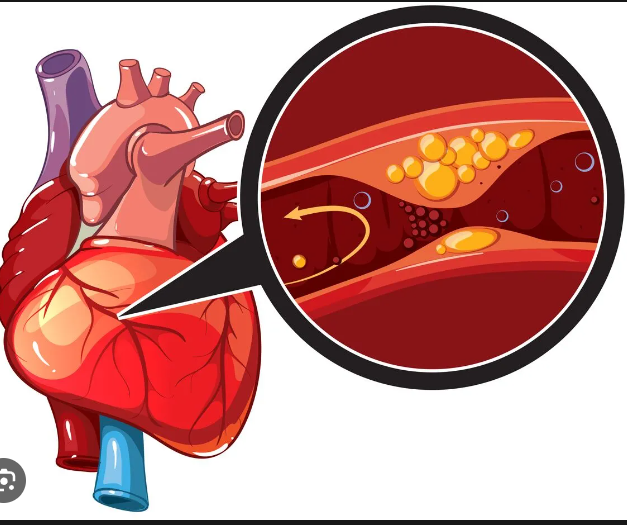
According to Dr. Dwivedi, as people age, cholesterol and calcium buildup damage the blood supply. The arteries that feed blood to the heart narrow as a result of cholesterol buildup, which is what causes coronary artery disease. Sometimes it can go unnoticed, and other times it might cause chest pain or a heart attack.
Blood arteries that carry blood to our body lose some of their suppleness over time. Systolic blood pressure increases more than diastolic blood pressure when it stiffens.
6. Broken Heart Syndrome
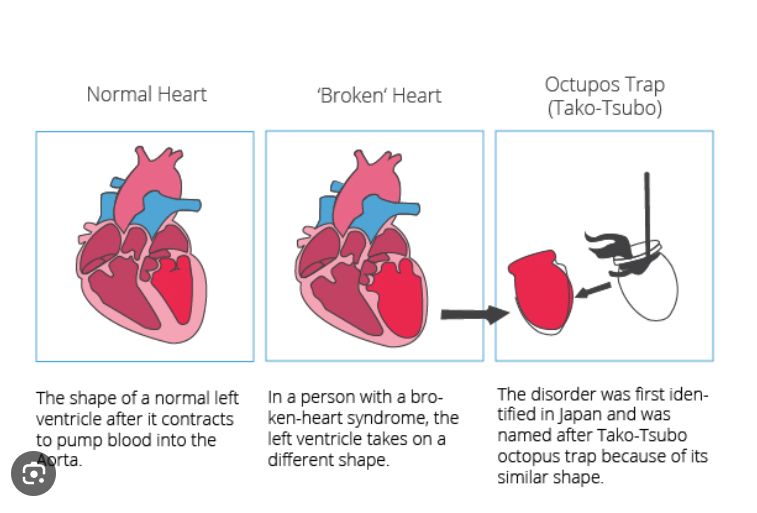
Dr. Dwivedi emphasizes that emotional stress is what causes broken heart syndrome. “When an older person loses their spouse, it can occur. He adds that cardiac problems including heart failure, irregular heartbeats, or heart attacks can also be brought on by depression.
7. Heart failure
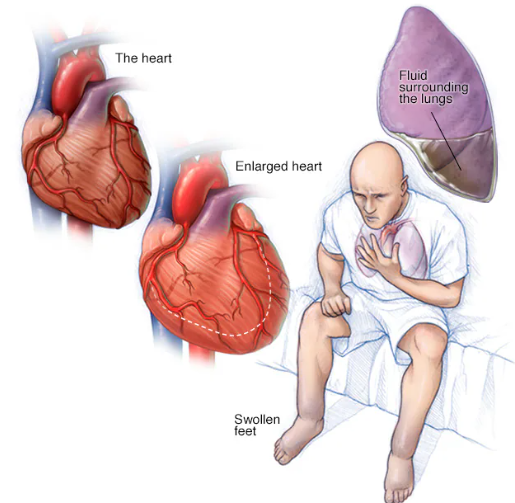
The cardiac muscle becomes rigid as we age. As a result, the heart could have good pumping capacity but be unable to fully relax. The cardiac fibrosis may prevent it from storing blood from other parts of the body. According to Dr. Dwivedi, this results in edema throughout the body and causes heart failure with a preserved ejection fraction.
Severe problems like heart failure might result from any other heart issue.
Precautions for heart problems in elderly
According to Dr. Dwivedi, as you age, you tend to gain more weight since the body is programmed to lower your metabolic rate every five years. Therefore, the exercises, food, and calorie intake that are important to you now won’t be important then; they must be changed every fifth year.
He also says that adopting a healthy lifestyle early in life is crucial. The benefits of adopting a healthy lifestyle increase with time. The following steps are advised by experts to postpone age-related heart problems:
Managing risk factors like cholesterol, BP and diabetes
Ensuring routine checkups
Maintaining an active lifestyle
Reducing stress
Exercising regularly
Avoiding smoking and alcohol intake
Sleeping properly
images source- google







